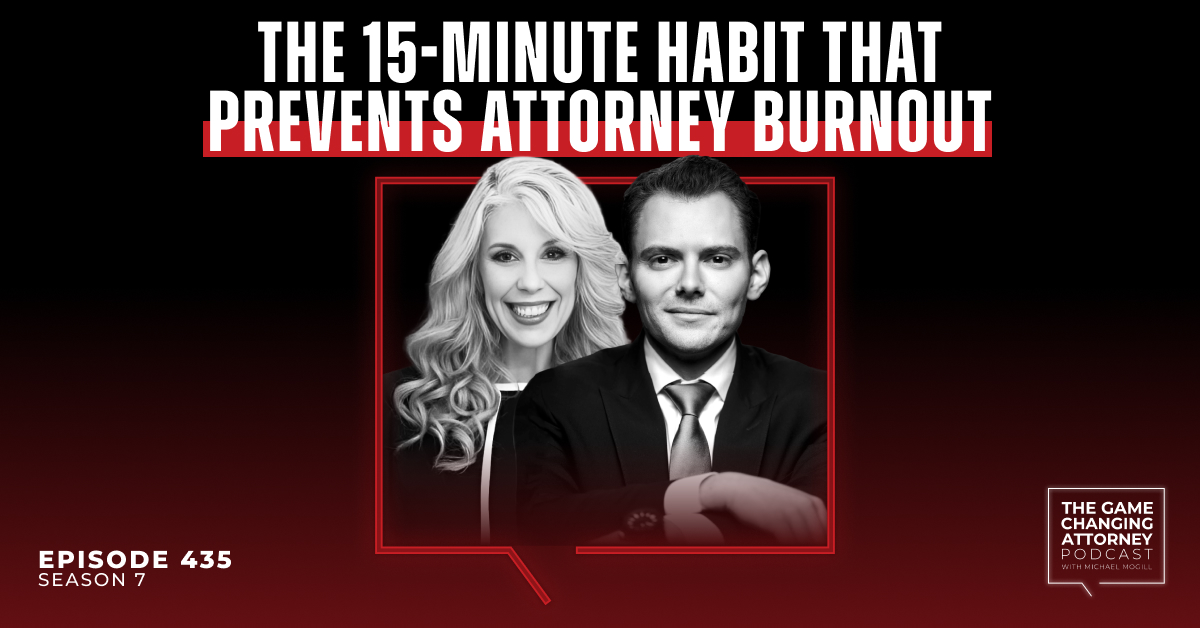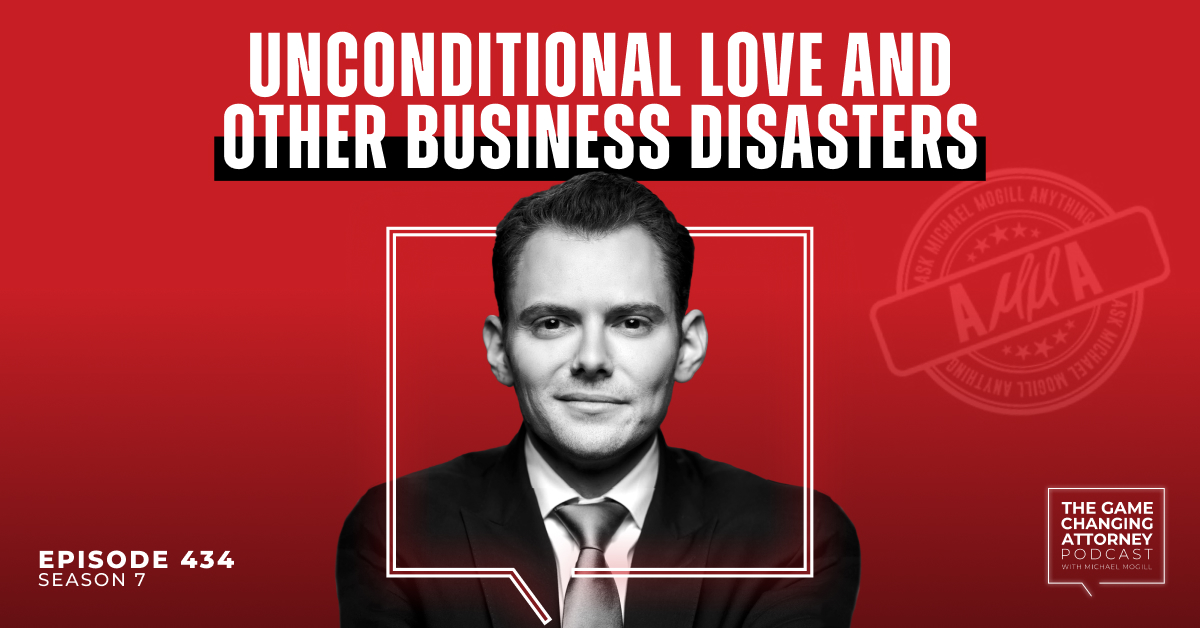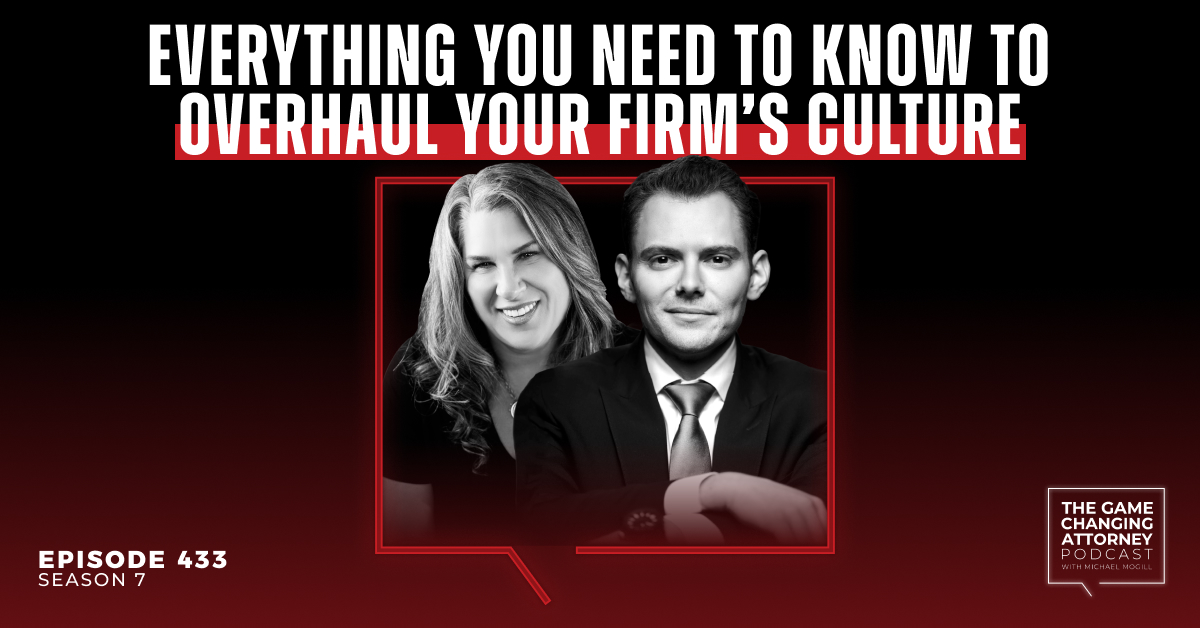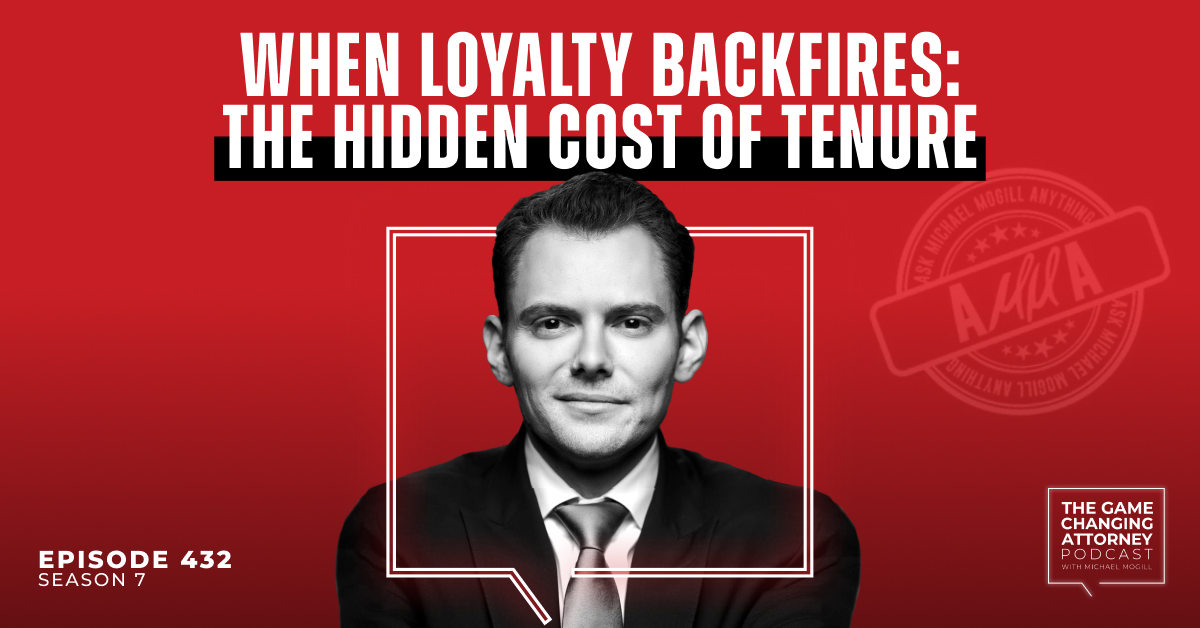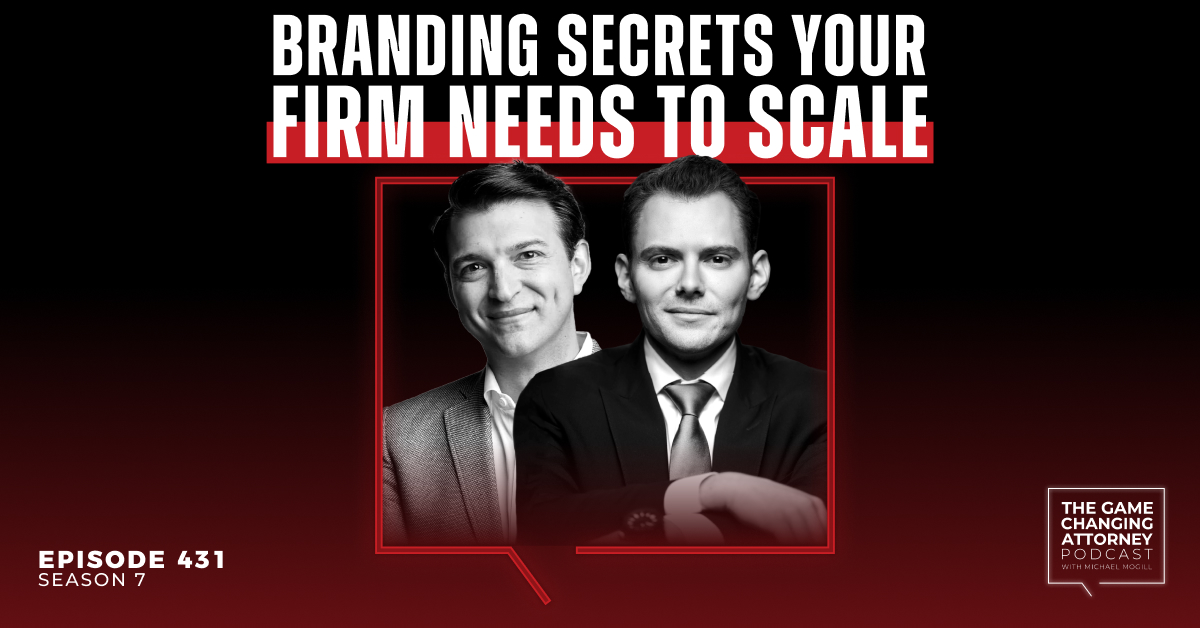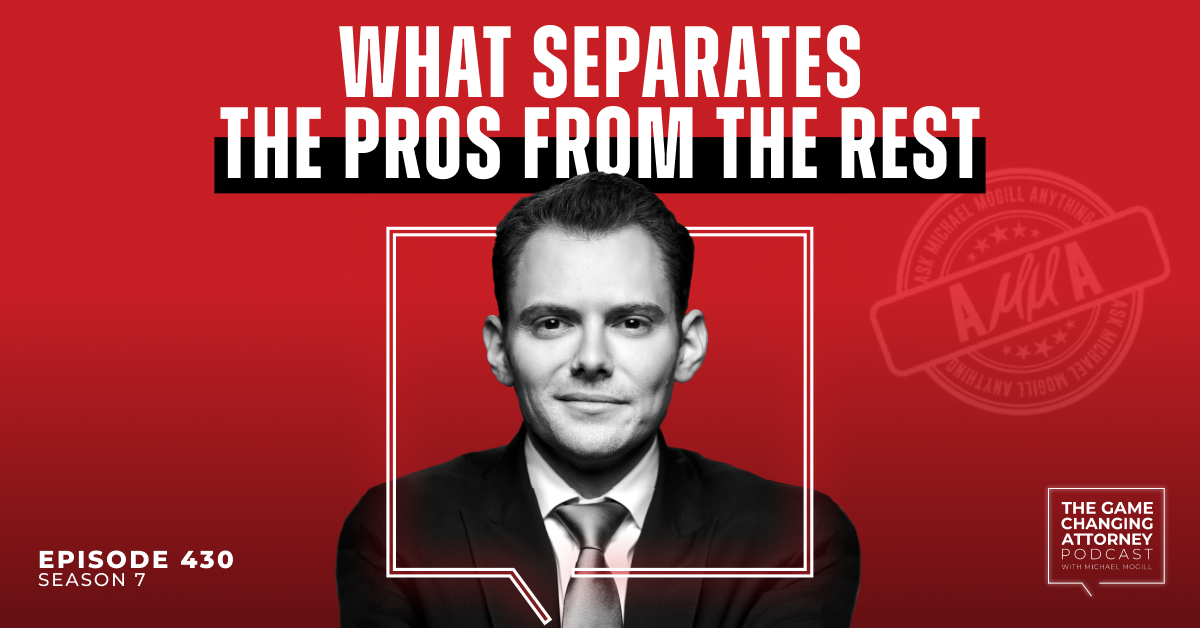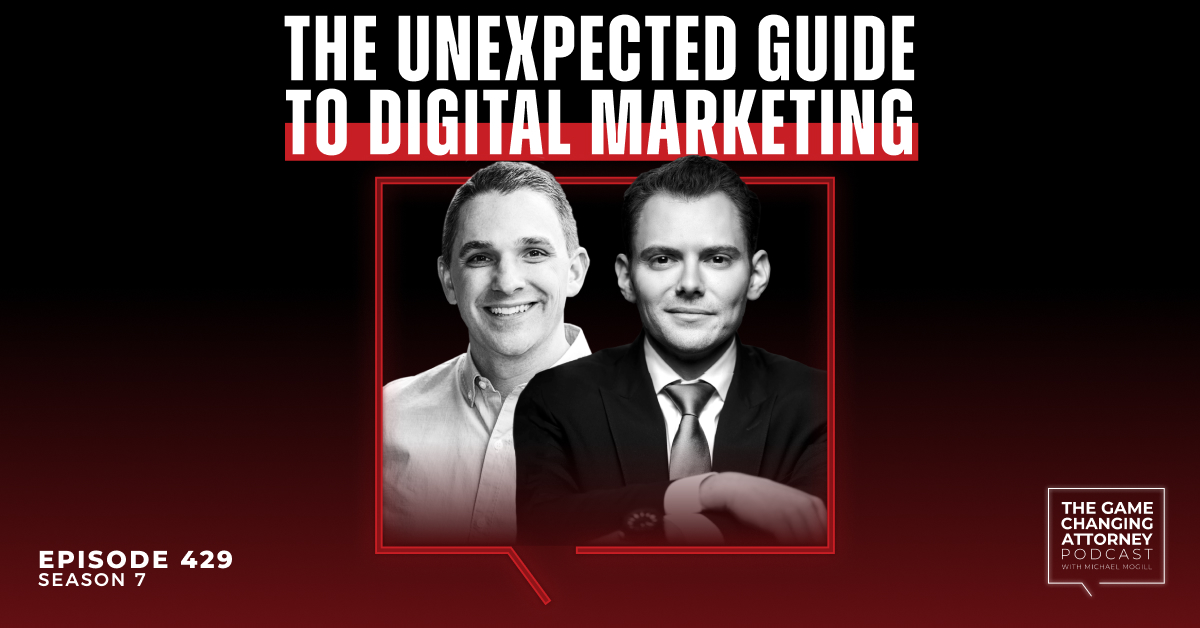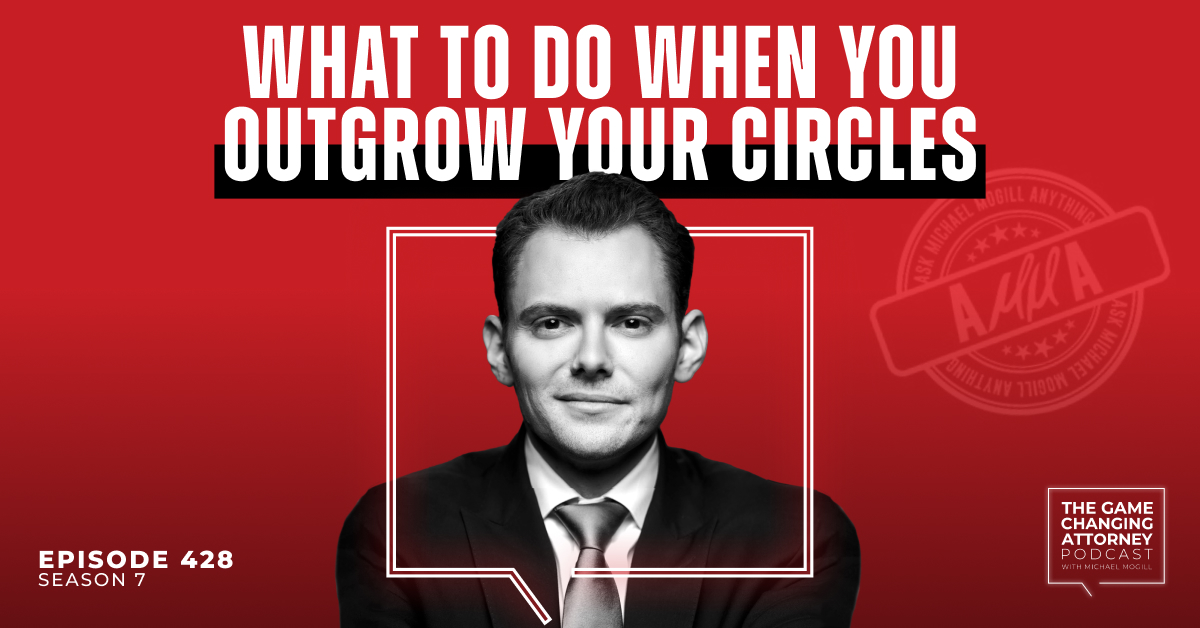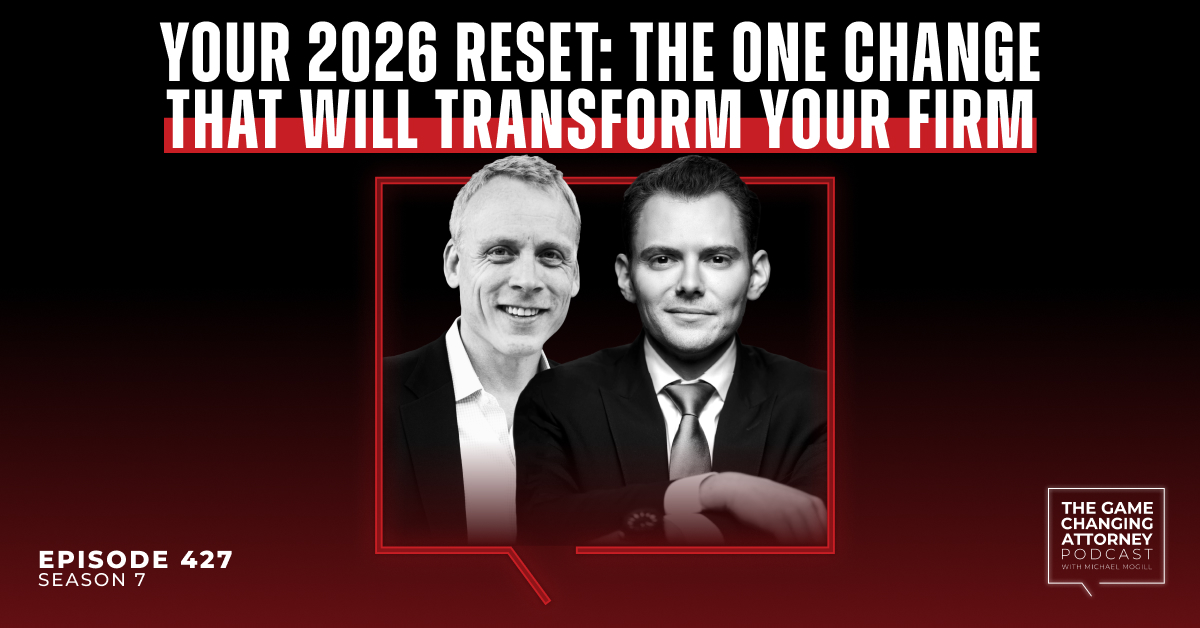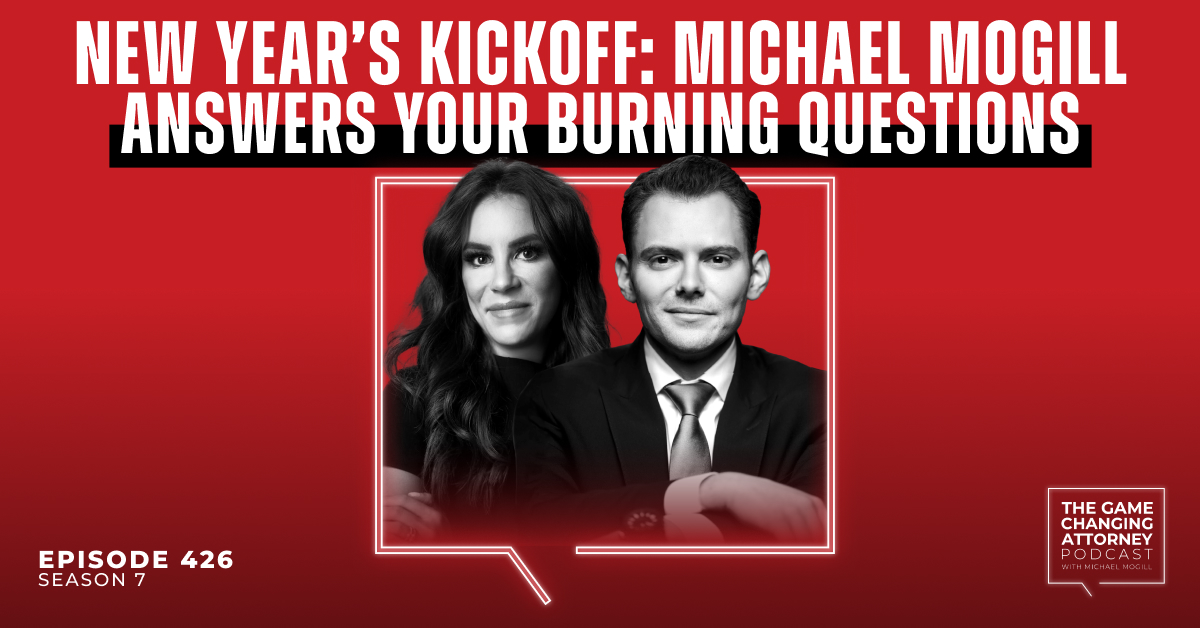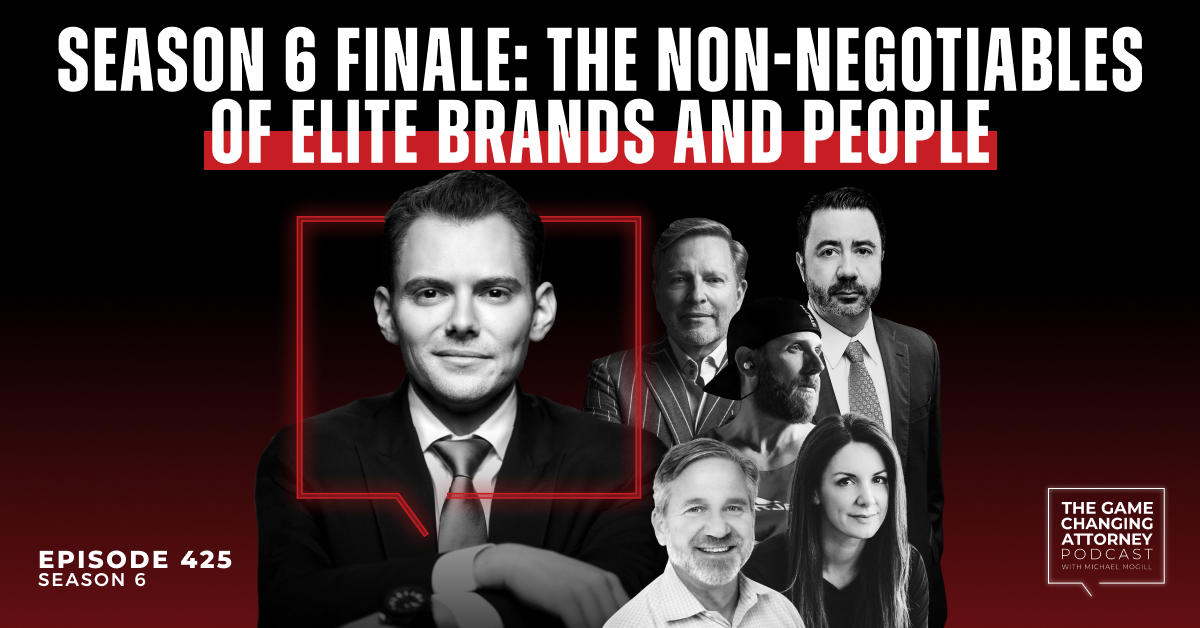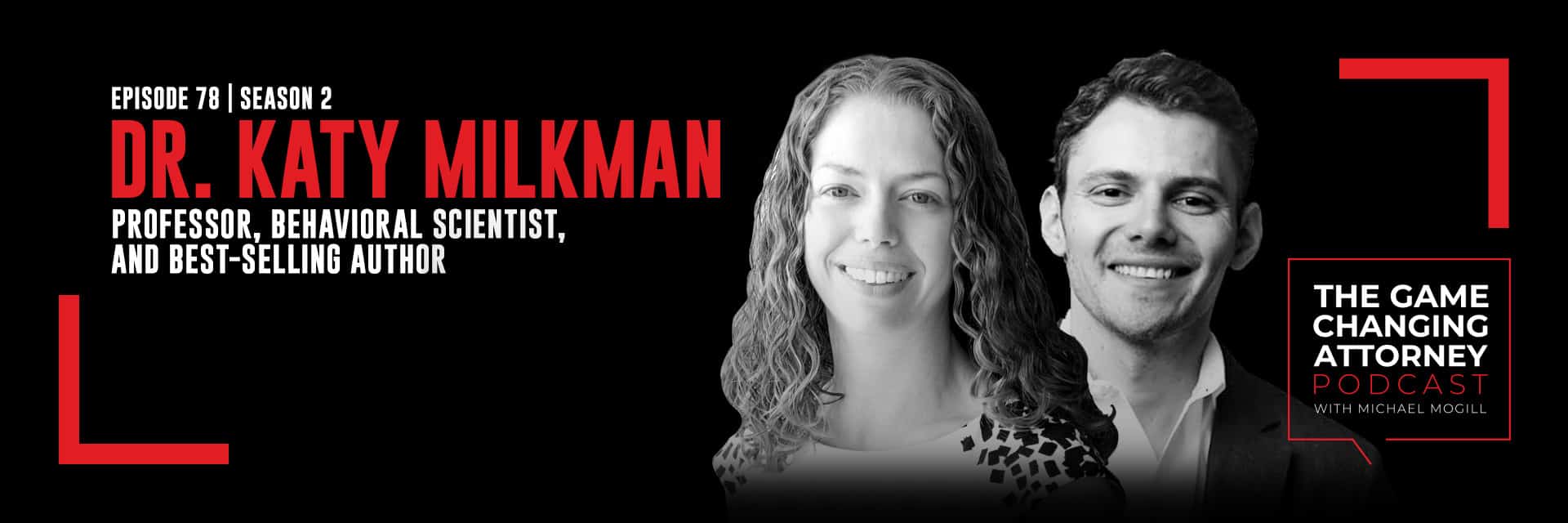
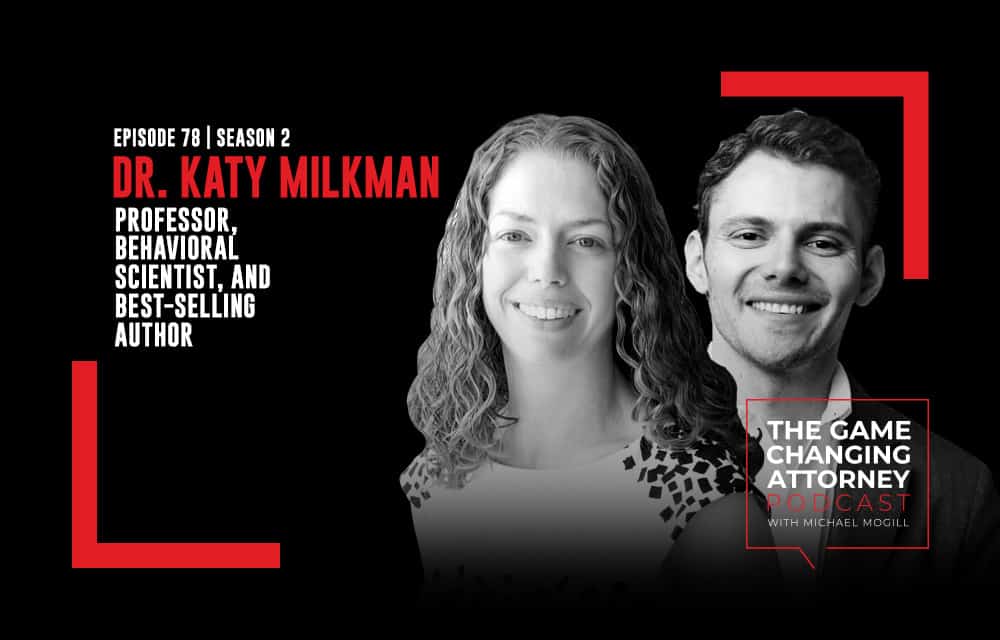
EPISODE 78 — Dr. Katy Milkman — How to Change: The Science of Getting From Where You Are to Where You Want to Be
At some point in our lives, we’ve all found ourselves feeling the need for a change. Whether personal or professional, there’s always room to build new habits and grow into a better version of ourselves. The question is how?
Katy Milkman is a James G. Dinan Professor at The Wharton School of the University of Pennsylvania and holds a secondary appointment at Penn’s Perelman School of Medicine. Her research explores how insights from economics and psychology can help create better habits.
Her new book, How to Change, details the most current strategies for identifying and overcoming our internal barriers to create lasting change. (Hint: it doesn’t take 21 days.) In this insightful new episode, she covers:
- Turning temptation and inertia into assets for positive change
- Timing your change for maximum success
- Building habits for higher performance
- And more!
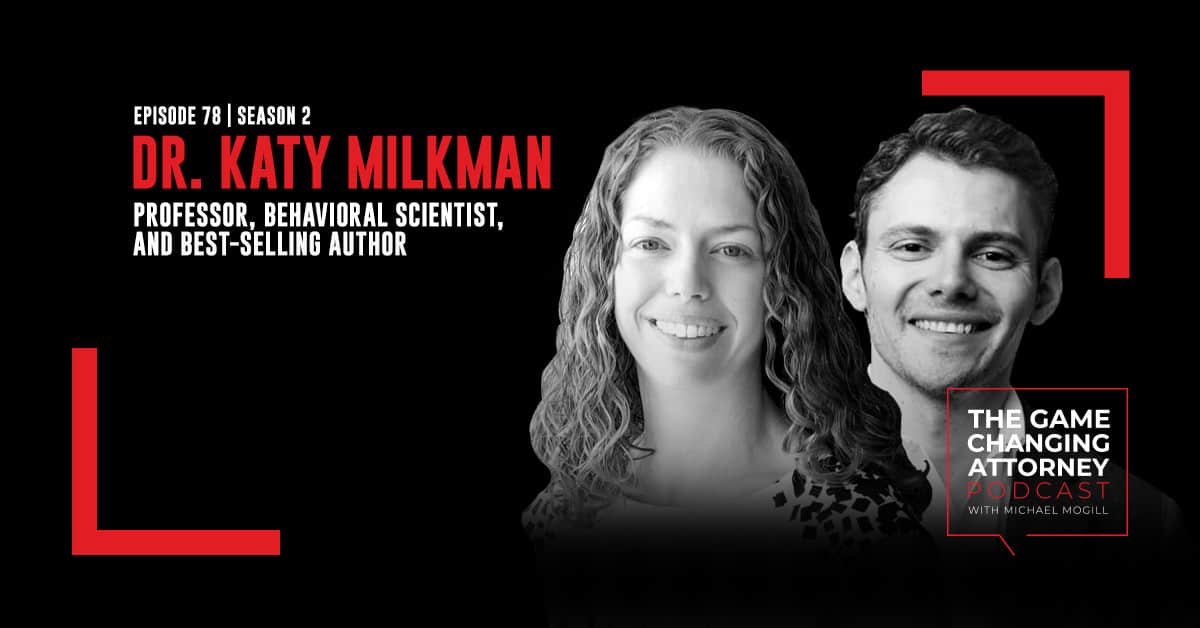
Listen & Subscribe
Show Notes:
2:01 – Your own predictability. “Behavioral economics is the study of how people make decisions. It’s a blend of psychology and economics that adds the boundary conditions to standard economic theory — the ways people make systematic and predictable errors in judgment.”
4:50 – The fresh start effect. “There are moments in our lives that feel like new beginnings — the start of a new week, a birthday, a new role at work or in your family — there’s a sense of a fresh start and clean state that brings an identity shift. You can say, ‘That was the old me that failed to achieve goals.’ You get a clean slate. At the moments that feel like new beginnings, people are more likely to start pursuing goals.”
9:45 – Present bias. “The most pernicious obstacle when it comes to behavior change is present bias. It’s our tendency to care more about and give more weight to whatever instant gratification we will get from a choice relative to the long-term consequences that will ensue.”
11:51 – Netflix and the treadmill. “One of the most powerful tools that we can use to change our behavior for the better when facing present bias is to make it instantly gratifying to do the things that are good for us in the long run. When we have a goal to achieve, most of us think, ‘I should just look for the most efficient path to get to my end objective.’ A small subset of people looks for the most fun way to pursue their goals and persist longer.”
14:30 – Temptation bundling. “Lots of us can benefit from linking something tempting and enjoyable with things that we find to be a chore on their own. It creates a hook that gets us engaged.”
27:00 – You’re not stuck. “It seems like just about everything in the world is roughly half nature, half nurture. 50/50 is a pretty good guess. What that means is that some of it you’re stuck with, some of it is ingrown, but there’s room for improvement. There’s room to change your circumstances, your path, and your approach so that you can achieve more. We’re all born with slightly different constraints, but we all also have room to grow and change.”
30:02 – Habit startup mode. “Repetition, reward, and some degree of consistency will allow you to build long-term, lasting, positive habits. You also need some degree of flexibility. If you get too rigid, you don’t build lasting habits.”
34:42 – How an advice group helps everyone. “The power of forming an advice club can be really useful. You see what works for other people who are similar in various ways and copy and paste what works for them. Another feature of an advice club is when you get asked for input, that is incredibly valuable for your own outcomes. It boosts your confidence and makes you feel like, ‘I can do this!’”
39:41 – Stopping won’t be an option. “There’s no reason to shut down the tools. We can keep using the tools we use to create temporary change to create lasting change, but it’s important to recognize that there are no quick fixes out there. The reinforcement part is really important to continuing behavior change.”
40:37 – What does being a game changer mean to you? “They’re people who are always looking to grow and have a growth mindset as opposed to the fixed mindset that can be such an obstacle to success.”
THE MOST MOTIVATED GROUP IN LAW
You heard Katy. The best move you can make for your motivation is to surround yourself with like-minded, successful people. We’re making it easy. Get your ticket to the Game Changers Summit 3! Enter promo code PODCAST and get 20% off your spot!
EPISODE RESOURCES & REFERENCES
Behavior Change for Good Initiative
How to Change by Katy Milkman
Thinking Fast and Slow by Daniel Kahneman
Personality Psychology
Gamification
Choiceology Podcast
The Money-Eating Alarm Clock
Behavioral Economics
Connect with Michael
- Text directly at 404-531-7691

